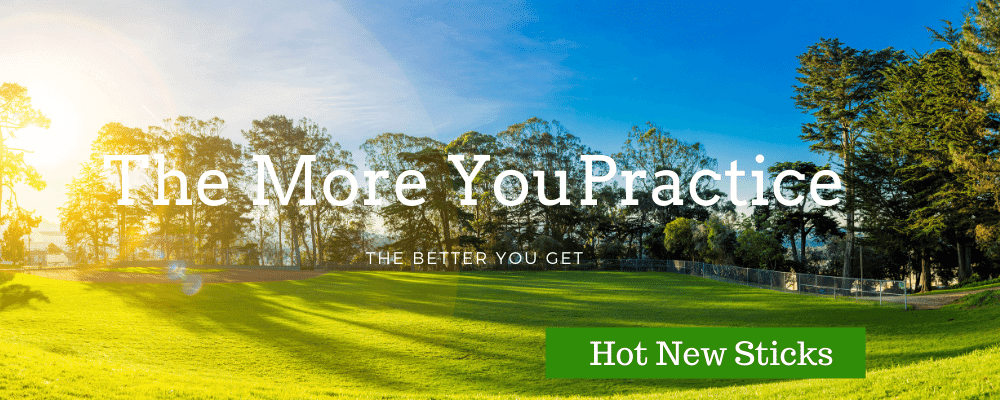Products You May Like
It was supposed to be a conference call rather trivial in nature, though certainly a welcomed respite, given the state of the COVID-19 pandemic.
Golf Channel put four of its top commentators on the phone with reporters on Thursday to talk about the coming weekend’s lineup that features programming around the 2004 and 2019 Masters replays that will be shown on CBS.
Pleasantries were exchanged, and Notah Begay III began to speak. And then the former Stanford and PGA Tour player couldn’t get the words out. He was crying, caught off-guard by his own powerful emotions.
“I haven’t gotten emotional about this thing until now,” Begay said. “It’s tough for me to deal with . . . I apologize. I really do. It’s just a scary thing for me. It’s been a scary process.”
For most of his life, Begay, 47, has carried on his shoulders the pride of the entire Native American community. He now is weighed down by a different load amid the coronavirus crisis. As Begay noted, the American Indian and Alaska Native communities have been hit particularly hard by COVID-19.
Begay is a Navajo/Pueblo Indian who grew up in Albuquerque, N.M. The New York Times reported on Thursday that the Navajo Nation reservation, which stretches across Arizona, New Mexico and Utah, had experienced 20 deaths through Wednesday, compared to 16 in the entire state of New Mexico, which has a population 13 times larger.
The crisis is acute among Native Americans because they suffer higher rates of diabetes, cancer, heart disease and asthma, combined with overcrowded housing and an older population, according to Kevin Allis, chief executive of the National Congress of American Indians.
“This could be like a wildfire on a reservation and get out of control in a heartbeat,” Allis told the Washington Post on April 4. “We could get wiped out.”
Begay said 75 percent of his relatives live on the reservation. “I’m going to lose some family members; I’m quite certain of it,” he said.
“To these rural areas of this nation … they have zero internet access; they don’t have mobile phone reception; a lot of times they don’t know what’s going on,” Begay said.
Begay is doing his part to raise awareness. In 2005, he started his own foundation, NB3, with a stated purpose of improving the health of Native American children. During the pandemic, Begay created the COVID-19 Response Fund.
“It’s boots on the ground for me,” Begay said. “I’m doing anything I can during my own quarantine. I’ve gotten tremendous support from great people. Hopefully, we’ll get the word out, drive more support to the cause and create awareness about the challenges.”
Listening on the conference call to the pain Begay is experiencing, Justin Leonard said, “You don’t need to apologize for getting emotional when you’re in it like you are and doing all that you can. Keep your head down and plow through it.”
Somberly, Leonard added, “Sitting here talking about this and telling the writers what you’re dealing with, it all sinks in.”


